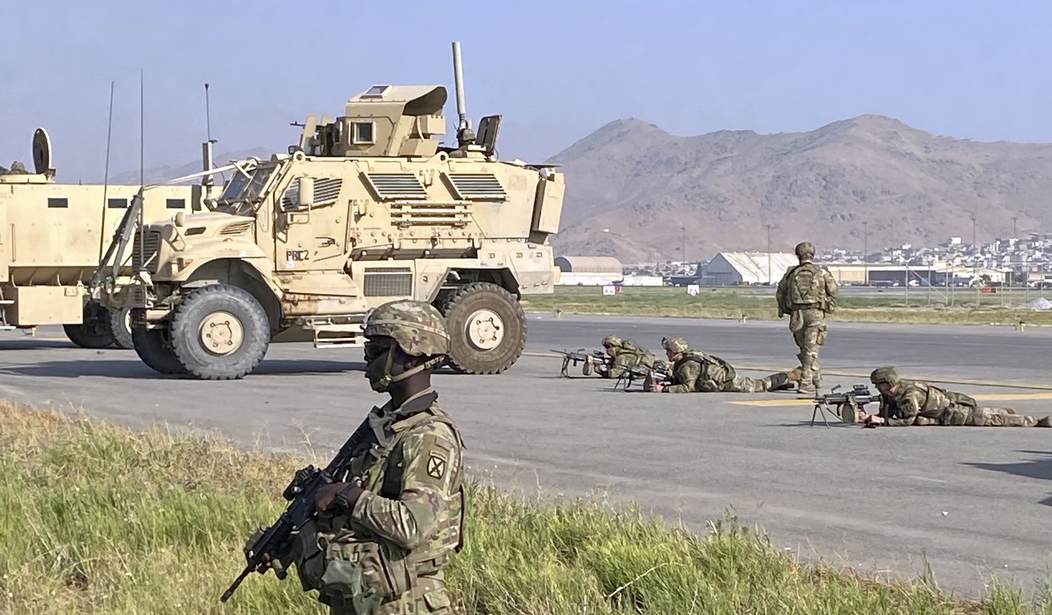The House of Representatives passed the $883.7 billion National Defense Authorization Act (NDAA) that would automatically register men ages 18-26 in the draft.
This means that all U.S. men aged 18 to 26 would be registered in the Selective Service System--the federal database used for a military draft in case of a national emergency.
A narrow 217 to 199 vote on Friday authorized a $9 billion increase in military spending from fiscal 2024. 196 Democrats opposed the measure, while only six backed it. Republicans overwhelmingly supported the bill, with 211 voting in favor and just three voting against the bill.
Those who favored the measure argued that it would help U.S. citizens avoid unnecessary legal issues and curtail the taxpayer dollars spent prosecuting those cases.
The Selective Service System hasn’t been used in over 52 years. Men who fail to register would be subject to harsh consequences such as jail time and no longer eligible for federal programs.
The program costs the U.S. about $30 million a year. Lawmakers from both parties have proposed several reforms to the service to cut costs, but none have made it through Congress. Some included adding women to the draft and eliminating the agency. The funds also go toward military readiness and mobilization.
Recommended
The NDAA also includes the largest military pay increase for soldiers— a 19.5 percent boost for junior enlisted troops and a 4.5 percent increase for others.
Earlier this week, the Biden Administration shot down a proposal to give U.S. military troops a pay raise, saying that it “strongly opposes” approving such a “significant” and “permanent” pay raise, citing budgetary constraints.
The bill also included amendments that target abortion and transgender medical care.
“Unsurprisingly, the legislation coming out of the House today is loaded with anti-LGBTQ, anti-choice, anti-environment, and other divisive amendments guaranteed not to pass the Senate,” Senate Majority Leader Chuck Schumer (D-N.Y.) said. "As we move forward with this year’s NDAA process, both sides will have to work together to pass bipartisan legislation that honors and respects all who serve in defense of our nation."
























Join the conversation as a VIP Member